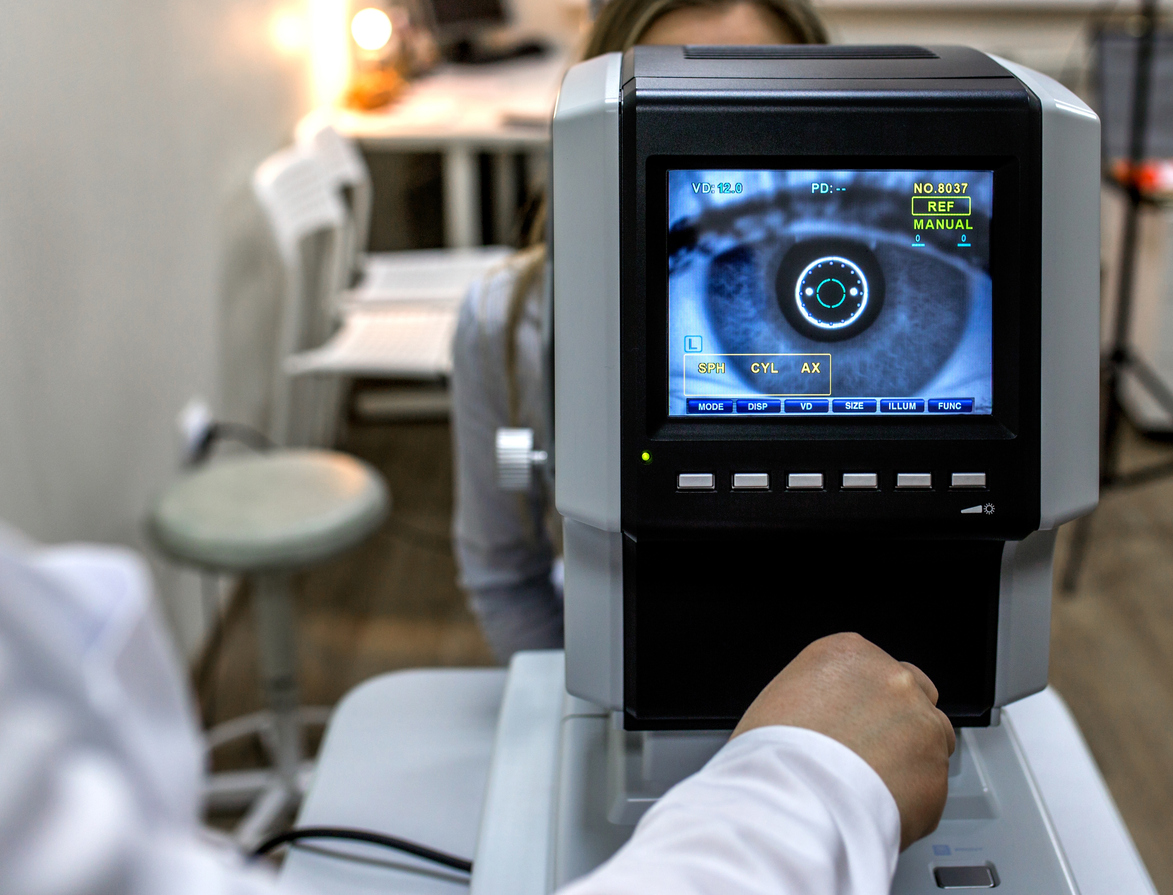Is Glaucoma Genetic? The Truth about This Common Condition and Heritability

While everyone can be considered at risk for glaucoma, a family history of the condition or a particular racial background can increase your chances of developing the disease.
Glaucoma — also known as the “silent thief of sight” — is a group of eye disorders that irreversibly damage the optic nerve. With more than three million Americans living with the condition, glaucoma is the primary cause of permanent vision loss in the United States.
For patients concerned about eye health, especially those who are aging and worried about maintaining their vision as time passes, glaucoma is an understandably disconcerting condition. Because glaucoma develops so gradually, it can be difficult to know that you have it until it’s too late to meaningfully repair damaged vision.
While everyone should schedule regular check-ups to detect glaucoma early, there are genetic risk factors that may make some patients more likely to develop glaucoma than others. If you’re worried about your own possible genetic risk factors, keep reading to learn more about the different types of glaucoma and what contributes to them.
The Different Types of Glaucoma
Although we typically speak of glaucoma as if it’s a single condition, it’s actually a group of eye disorders that can have slightly different causes and effects. The most common form of glaucoma is primary open-angle glaucoma or POAG. Patients with POAG may experience damage to the optic nerve as the eye’s drainage mechanisms fail to function properly. This can cause intraocular pressure (IOP) to build up, which causes that damage.
The vast majority of those with glaucoma have POAG, but there are several other types. For instance, primary angle-closure glaucoma, or PACG, occurs when the fluid that flows between the iris and the lens of the eye is blocked. Another version, exfoliation glaucoma, or XFG, sets in when a white, protein-like material builds up deposits on the lens and within the drainage system that lets out fluid from the eye.
The Genetics that Contribute to Glaucoma
Because the effects of glaucoma are, at present, irreversible, researchers are racing to better understand the hereditary and genetic risk factors that may indicate a predisposition to the condition. So far, certain genes have been linked with each of the major types of glaucoma, although these are not surefire signs that glaucoma will inevitably develop.
Additionally, certain patients’ ethnic background, age, and family history may be glaucoma risk factors. For example, Africans Americans, Hispanic Americans, and Asian Americans are all more likely to develop glaucoma than Caucasians, with Asian Americans at greater risk of PACG specifically. For patients over the age of 60 and with a family history of glaucoma, the risk of developing the condition is, likewise, several times higher.
The State of Genetic Glaucoma Testing
Thankfully, a number of advances in glaucoma testing have made it possible for specialists to identify whether some patients face a greater risk. However, the field is still developing, as is the understanding of the underlying genetic conditions that give rise to the disease. While some patients may be able to benefit from genetic analysis, there aren’t many whose genetic profile would provide a clear-cut answer as to whether or not they will experience glaucoma.
Until such a time that this testing can advance to scale, it’s important to schedule regular check-ups with your eye care specialist. By making an appointment to detect glaucoma early, it’s possible to catch it and manage it effectively before it causes widespread damage.
If you’re looking to book a consultation today, reach out to ICON Eyecare. Our doctors are standing by and ready to help you learn more about glaucoma, your risk factors, and what you can do to stay on top of the condition.
[DISPLAY_ULTIMATE_SOCIAL_ICONS]








